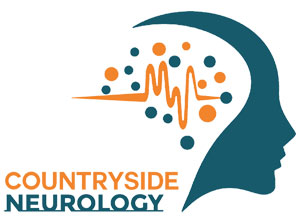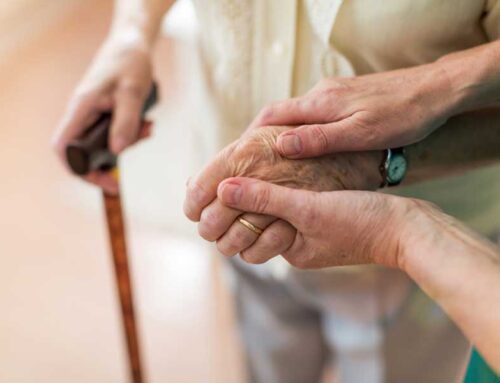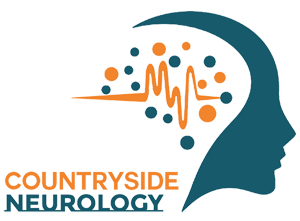A recent study has found that one bacterium, Chlamydia pneumoniae, enters the brain through the nose, leading to the development of amyloid beta plaques which are characteristic of Alzheimer’s disease. Nose picking makes it easier for this bacteria to travel through the nose and into the brain, increasing risk of Alzheimer’s.
It is important to note that this study was conducted on mice; however, they will begin conducting the study on people as well. Research is still ongoing, but nose picking is not as risk-free of an activity that we thought it was. Apart from potentially increasing risk of Alzheimer’s, nose picking has other health risks, including:
- introducing viruses, bacteria, and other contaminants into the nose,
- spreading bacteria and viruses from the nose onto surfaces in the environment,
- damaging the tissues and structures inside the nose.
The damage and introduction of pathogens are what can increase risk of Alzheimer’s.
Prof. St. John, from Griffith University, warns that nose picking and plucking nose hairs should be avoided: “If you damage the lining of the nose, you can increase how many bacteria can go up into your brain.”
So, in light of this study, next time you think of touching your nose, please be cautious and remember the potential long term effects!
Sources:
“Alzheimer’s and Dementia: How Picking Your Nose May Increase Your Risk.” Medical News Today, MediLexicon International, https://www.medicalnewstoday.com/articles/picking-your-nose-may-increase-alzheimers-dementia-risk.





